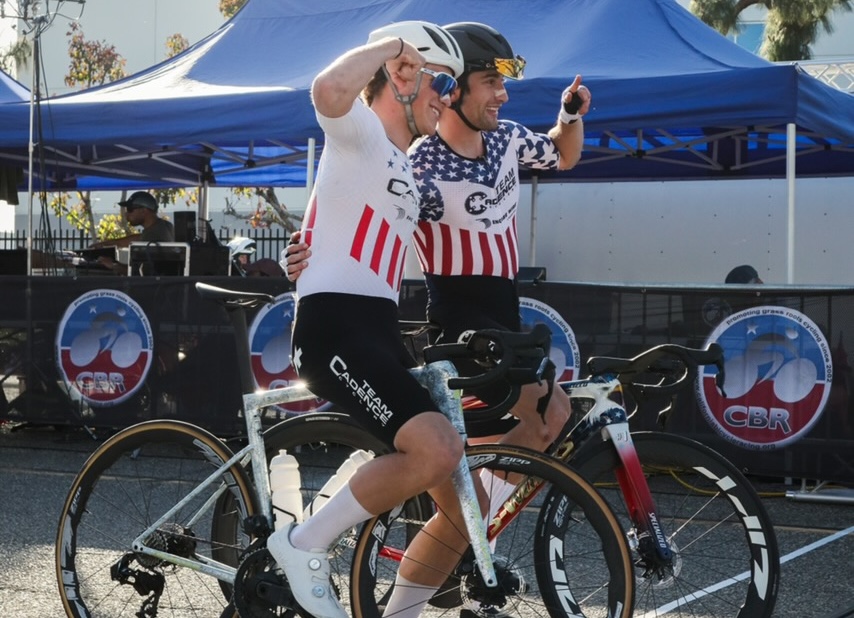Road to Yorkshire: How best to prepare for the World Championships
Plotting the elite men's paths to the Worlds road race
The latest race content, interviews, features, reviews and expert buying guides, direct to your inbox!
You are now subscribed
Your newsletter sign-up was successful
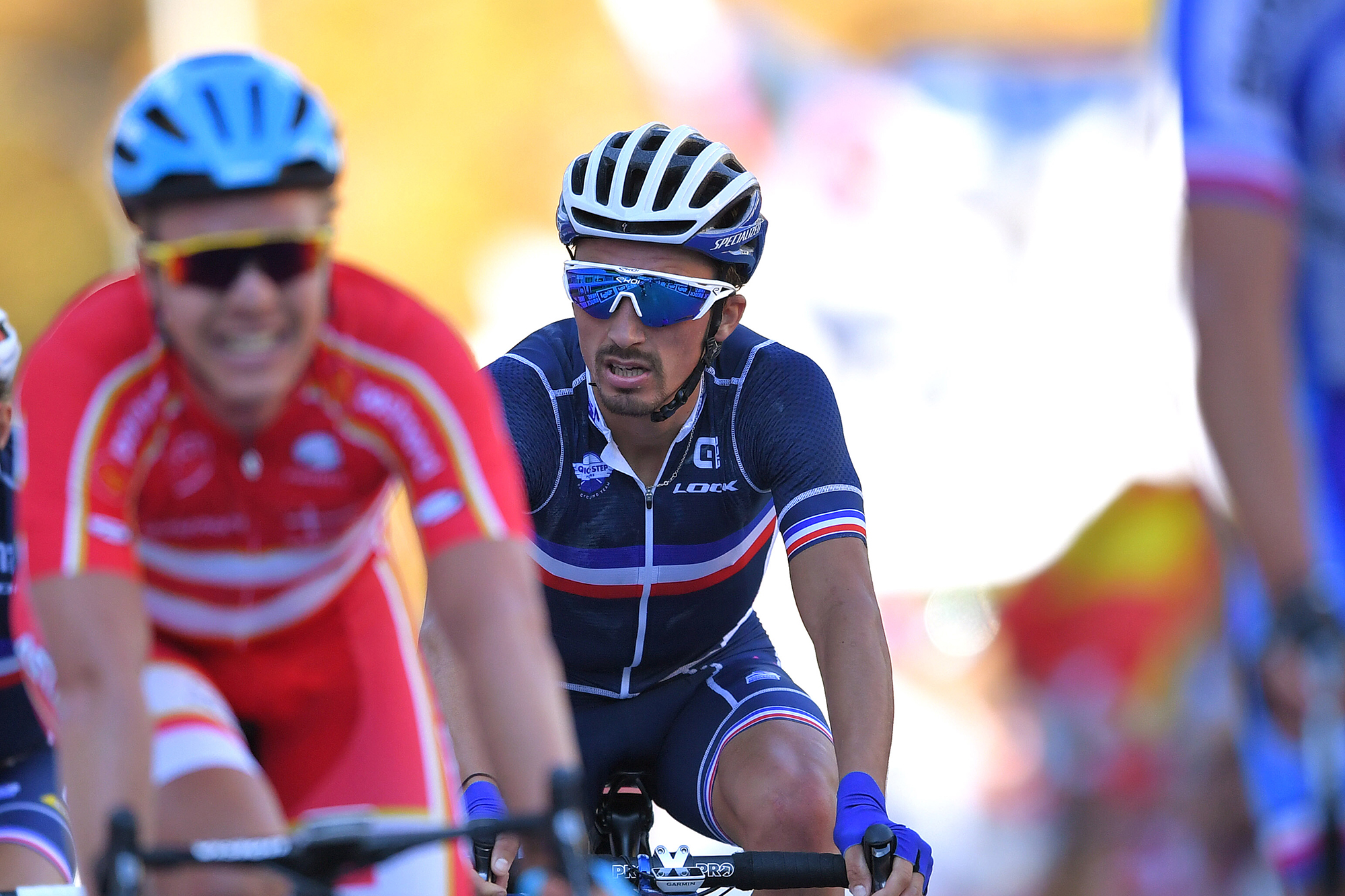
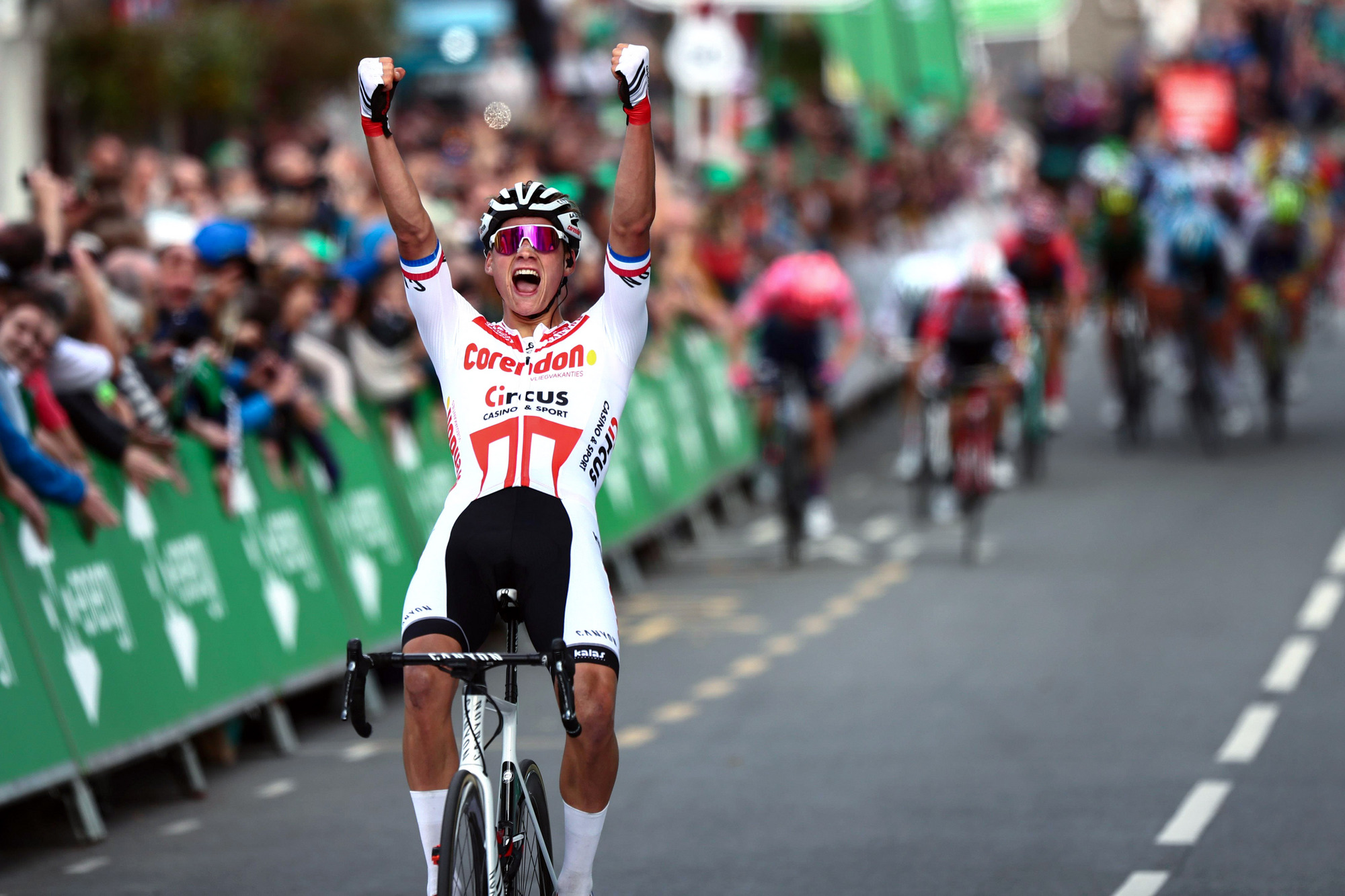
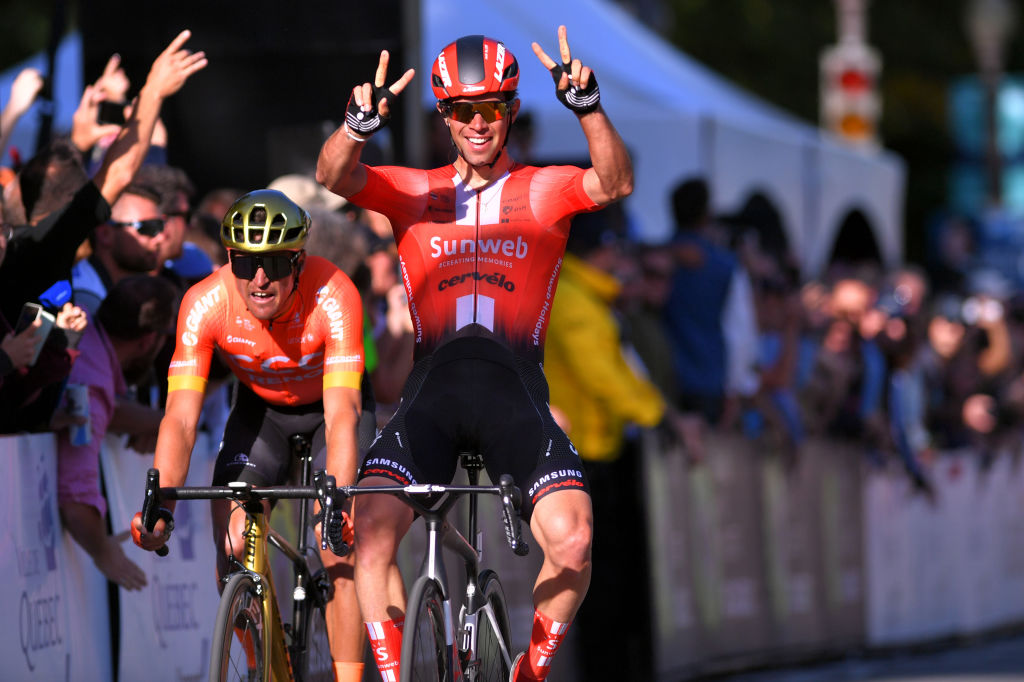
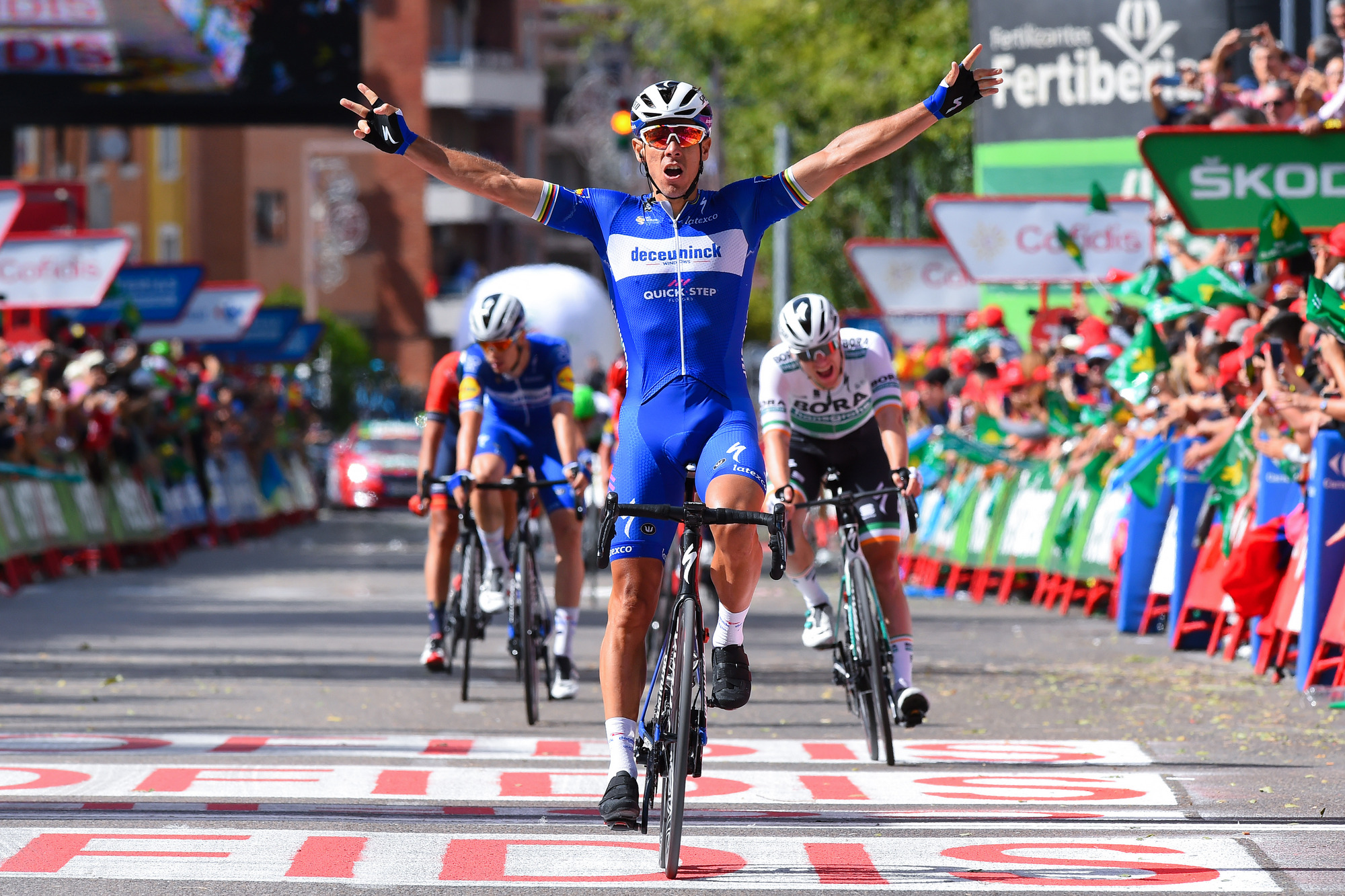
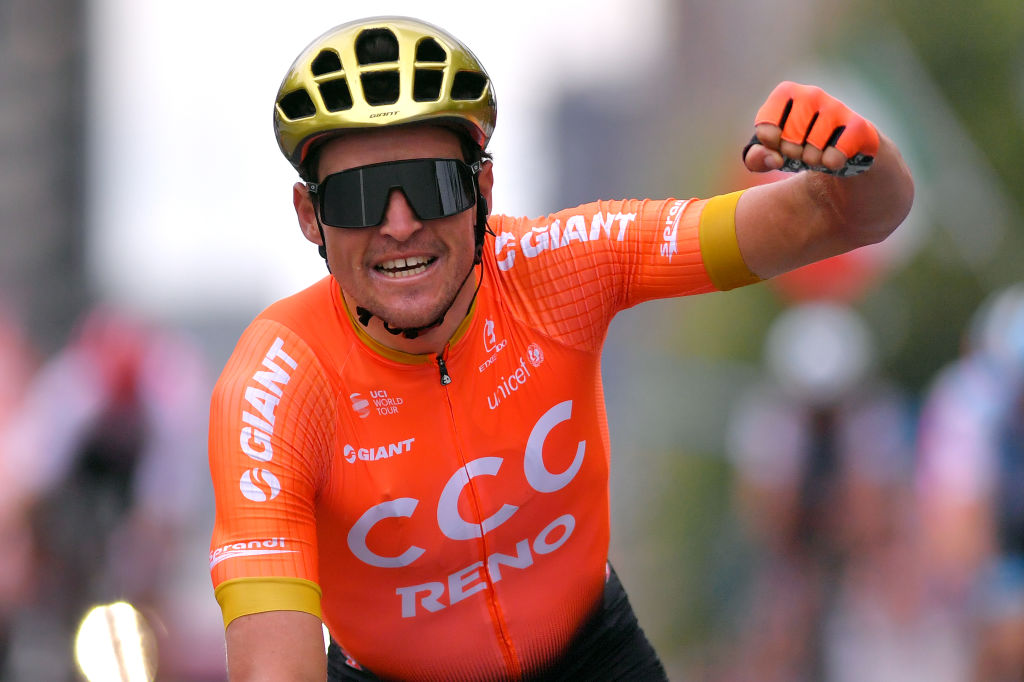
Paris-Nice or Tirreno-Adriatico? The Critérium du Dauphiné or the Tour de Suisse? There's rarely one right answer to what the best path is to success at the spring Classics or the Tour de France. And that's very much the case when it comes to the best route to World Championships road-race success, too.
Everything a bonus for Alaphilippe as World Championships come into focus
Van der Poel lays down exceptional marker ahead of World Championships
Matthews lays down World Championships marker with GP de Québec victory
Gilbert, Van Avermaet and Evenepoel lead Belgium squad at World Championships
UCI Road Cycling World Championships 2019: The Essential Guide
The route to the Worlds road race generally comes down to a choice of three paths: the Vuelta a España, the Tour of Britain or the Canadian one-day WorldTour races in Quebec and Montreal. Each has its merits, and each choice has seen success in recent years.
Much depends, of course, on the type of route used for the Worlds road race, in combination with the type of rider. A climber heading to a hilly Worlds course would likely benefit most from the mountain stages at the Vuelta, while a sprinter might enjoy some of the bunch sprints at the Tour of Britain ahead of a flatter World Championship course.
But which route have past winners followed to Worlds glory, and in which basket have this year's contenders put their eggs?
This year's varied course in Yorkshire, in which the weather is being predicted to have a strong influence on the final outcome, makes it one of the more difficult to call in recent years in terms of a possible winner. A technical 'Classics-style' course seems to broadly cover it, with the 'power climbs' along the way suggesting that it's not going to be the domain of the out-and-out sprinter. We could see a genuine surprise winner.
The attritional nature of the Worlds road race after what has, for most, been a long season, can never be underestimated. So will the most-rested riders be the ones in contention? Or will a tough Vuelta have given potential winners the mental and physical toughness required to win the rainbow jersey?
Vuelta, Tour of Britain or Canada? The plusses and minuses
Vuelta a España
The latest race content, interviews, features, reviews and expert buying guides, direct to your inbox!
+ Extremely tough, full-on racing over the course of three weeks
+ Riders exit the race tired but in normally super form, ready for a hard one-day race
+ Something for every type of rider
– A tough race can leave freshness lacking
– Risk of injury/illness over the course of three weeks
Tour of Britain
+ Plenty of bunch-sprint opportunities ahead of a flat Worlds road race
+ Plenty of tough, hilly days, too, ahead of hillier Worlds courses
+ Very similar terrain in 2019 to what will be faced on the nearby Worlds course
– Potential for bad weather
– Long transfers between stages at some past editions
– Tough racing, but not in the same league, or length, as the Vuelta
The one-day Canadian WorldTour races
+ Tough, hilly racing
+ Two days of competition, with a day's rest in between
+ Normally pleasant weather
– Limited days of competition
– Perhaps not tough enough ahead of a particularly hilly road Worlds
– Travel time/jet lag so close to the World Championships
The differing roads to Worlds success
Ten years ago, road race world champion Cadel Evans, of Australia approached the championships in Mendrisio, Switzerland, via the tried-and-trusted Vuelta route, where he finished third overall. Prior to that, he hadn't raced for the month since the Tour de France, where he'd been less than thrilled with 28th place overall – especially after having finished as the runner-up at the Tour the previous year, behind Spain's Carlos Sastre.
Ahead of the 2009 Worlds, the Vuelta option made perfect sense: the now-retired Evans was a climber and stage racer who thrived on a menu of three-week racing. Hhe attacked to take the title with a solo victory, with Russia's Alexandr Kolobnev and Spain's Joaquim Rodriguez filling the podium almost 30 seconds in arrears.
A year later, when the Worlds were in fact held in Australia, in Geelong, near Melbourne, Evans was up there again in the mix at the end of the 263km race on home turf, but was powerless to finish any higher than 17th in the reduced-bunch sprint against the likes of winner Thor Hushovd of Norway, silver medallist Matti Breschel (Denmark) and Evans' own Australian teammate Allan Davis who took the bronze medal.
Very much a different rider to Evans, Hushovd had nevertheless chosen to use the Vuelta as his last race before the Worlds. He pulled out in the third week as the race headed for more mountains, satisfied that the work that he'd put in over 16 stages was enough. He was right.
Cavendish's unorthodox path to his rainbow win
The winner of the 2011 Worlds road race, Mark Cavendish, took a more structured route to glory, with a plan put into practice more than year out from the event – all documented in then British Cycling road coach Rod Ellingworth's excellent book, Project Rainbow: How British cycling reached the top of the world (Faber & Faber).
Not only was the British sprinter's racing and training tailored to winning the race in an uphill sprint finish on a circuit just outside Copenhagen, Denmark, but his equipment – including a skinsuit and aerodynamic helmet cover – had been developed with a view to putting every ounce of power to good use in the final flourish to the line.
Not that it had been all plain sailing; far from it, in fact. Cavendish had started the 2011 Vuelta, expecting that to be his final race but ended up finishing his preparation with a stage win at the Tour of Britain. How? Sickness had forced him out of the Spanish Grand Tour as early as stage 4. It turned out that he was more under the weather than actually sick – coupled, Ellingworth suggested in Project Rainbow, with the "tension" in his HTC trade team, which disbanded after the 2011 season, over rumours that Cavendish would be joining Team Sky in 2012, which he duly did.
Ellingworth managed to "wangle" a start at the Tour of Britain for Cavendish, with special dispensation from the UCI because riders aren't normally permitted to start in a race that overlaps with the race they were riding. The rest, following sprint wins on the opening Tour of Britain stage in Dumfries and the final stage in London, is history and ended with a rainbow jersey.
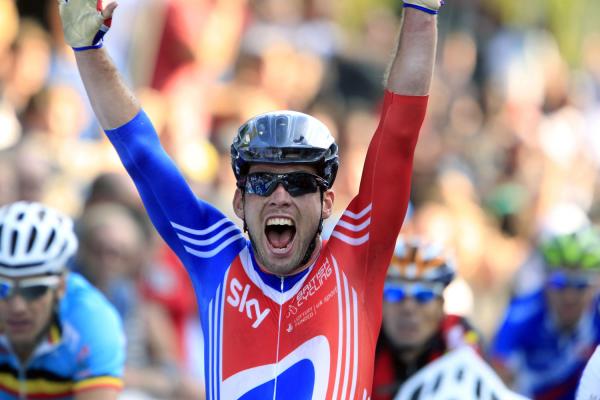
Gilbert, Costa and Kwiatkowski's differing routes
In 2012, Belgium's Philippe Gilbert – then 30 years old – was another rider who again used the Vuelta as his vital preparation for the Worlds, racking up two stage wins there, including a second in La Lastrilla (ahead of Alejandro Valverde) just two days before the finish in Madrid.
The following year, however, saw Portugal's Rui Costa take the rainbow jersey having ridden the still relatively new GP Cycliste de Quebec and GP Cycliste de Montreal – both races had seen the light of day in 2010 – where he finished fifth and sixth, respectively, before blasting to the 2013 world title in Firenze, Italy, ahead of Spanish duo Joaquim Rodriguez and Alejandro Valverde.
In 2014, Poland's Michal Kwiatkowski proved you could win the Worlds via a third option in three years: the Tour of Britain. In what was a breakout season for the then 23-year-old, Kwiatkowski's victories included two stages and the overall at the Volta ao Algarve, Strade Bianche, the Tour de Romandie prologue, the Polish time trial championships, and a stage and second overall at the Tour of Britain, where it was clear that he was in flying form.
Interestingly, just like Costa and Gilbert in the previous years – and Peter Sagan in 2015 – Kwiatkowski opted to ride the Worlds team time trial for his trade team, Omega Pharma-QuickStep, in the week before the road race. That TTT has now been replaced by the mixed-relay TTT, but you'll be hard-pressed to find any of the top road-race contenders taking part in it this year.
The Sagan years: 2015-2017
Looking back at only his results, you'd be forgiven for thinking that Slovakia's Peter Sagan might have taken the same route to each of his three Worlds road race titles in 2015, 2016 and 2017. He didn't.
The build-up to his Sagan's first title, in 2015, went far from to plan. Opting for the Vuelta as preparation, he spent barely a week at the Spanish Grand Tour before he was forced to abandon
Rather than follow Cavendish's lead of four years perviously, Sagan didn't adjust his race programme, but instead recovered from his injuries and then knuckled down to training, riding the team time trial a week before the road race for his Tinkoff-Saxo trade team – and finishing last out of 27 teams – before he put the world's best to the sword and took his first rainbow jersey ahead of Australian Michael Matthews and Lithuanian Ramunas Navardauskas.
In 2016, Sagan used the Canadian WorldTour races as preparation for the Worlds, but they came ahead of him riding – and winning – the European road race championships in Plumelec, France, and the seven-day Eneco Tour at the end of September, where he won two stages and finished third overall.
Only then did Sagan head to Qatar to take his second Worlds road race win, ahead of Cavendish and Belgian star Tom Boonen; the championships had been pushed back to mid-October in 2016 to literally take some of the heat off the end of the Qatari summer.
In Bergen, Norway, in 2017, Sagan again returned to Canada to defend his title in Quebec and finish ninth in Montreal before making it three world titles in a row – the first rider to achieve such a feat – this time at the expense of home hopeful Alexander Kristoff and Australia's Matthews.
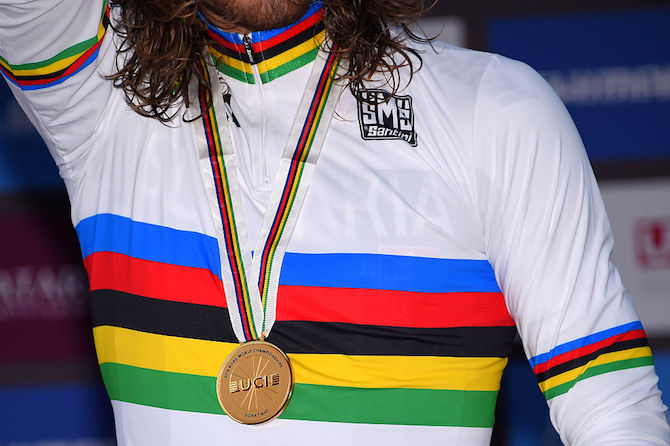
Can Valverde do it again?
Alejandro Valverde rode to an impressive second place overall at this year's Vuelta a España, and the 2018 world champion is certainly in with a shot of defending his title on the Yorkshire course. He would be only the seventh rider in history to do so.
Last year's win came off the back of fifth place overall at the Vuelta, with two stage wins along the way. Repeatedly dismissed as being too old, the now 39-year-old will want to use his considerable form from this year's Vuelta to prove that he still has what it takes to top the world.
Age is but a number for Valverde, it seems, and winning another jersey adorned with those five stripes for a second time would do nothing to discourage his eternal popularity in Spain.
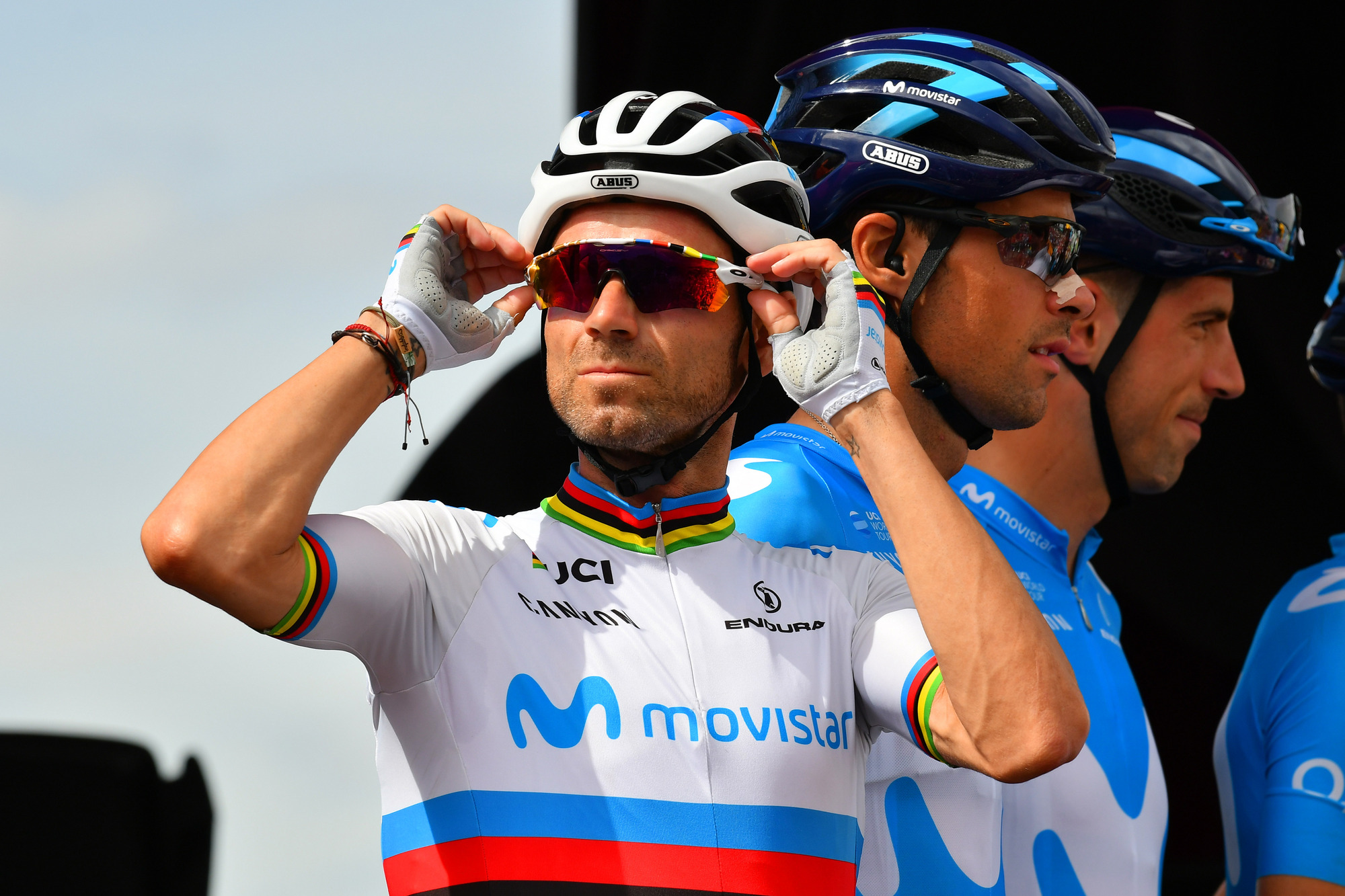
Five 2019 favourites' routes to the Worlds road race
Name: Julian Alaphilippe
Nation: France
Trade team: Deceuninck-QuickStep
Road to Yorkshire: Canadian WorldTour races
Last five races ahead of Worlds road race (position):
GP Cycliste de Montreal (13th)
GP Cycliste de Quebec (7th)
Deutschland Tour (94th overall)
Clasica Ciclista San Sebastian (DNF)
Tour de France (5th overall, two stage wins)
Summary: Alaphilippe exceeded even his own hopes and ambitions at this year's Tour de France, defending the yellow jersey late into the race, and even eliciting whispers about him winning the whole thing. Alas, it wasn't to be, but two stage wins and the adulation of the French public will only serve to be fuel to the fire of a rider who must start the Worlds road race as the favourite following yet another phenomenal season, with a good showing at the Canada races proving he's coming back into form at just the right time.

Name: Mathieu van der Poel
Nation: Netherlands
Trade team: Corendon-Circus
Road to Yorkshire: Tour of Britain
Last five races ahead of Worlds road race (position):
Tour of Britain (1st overall, three stage wins)
Arctic Race of Norway (22nd overall, one stage win)
Amstel Gold Race (1st)
Brabantse Pijl (1st)
Circuit Cycliste Sarthe (10th overall, one stage win)
Summary: The above list of Van der Poel's last five races is a little misleading: prior to August's Arctic Race of Norway, the Dutchman's last road race had been Amstel Gold, in April – which he won. Still relatively new to road-racing, the two-time cyclo-cross world champion has nevertheless taken to it like a duck to water, and will be very dangerous in Yorkshire, having taken three stage wins and the overall title at the Tour of Britain.

Name: Michael Matthews
Nation: Australia
Trade team: Sunweb
Road to Yorkshire: Canadian WorldTour races
Last five races ahead of Worlds road race (position):
GP Cycliste de Montreal (19th)
GP Cycliste de Quebec (1st)
Bretagne Classic-Ouest France (14th)
RideLondon-Surrey Classic (83rd)
Tour de France (67th overall)
Summary: Matthews was absolutely devastated to miss out on a place on the Australian team for last year’s road race. This year, he's the undisputed leader of the squad, and will hope that his win at the GP Cycliste de Québec translates into the top step of this year's race, having finished third (2017), fourth (2016) and second (2015) there in recent years.

Name: Philippe Gilbert
Nation: Belgium
Trade team: Deceuninck-QuickStep
Road to Yorkshire: Vuelta a Espana
Last five races ahead of Worlds road race (position):
Vuelta a Espana (32nd overall, two stage wins)
BinckBank Tour (13th overall)
RideLondon-Surrey Classic (59th)
Adriatica Ionica Race (36th overall)
Belgian road race championships (4th)
Summary: After not being selected by Deceuninck-QuickStep for the Tour de France, Gilbert took 'revenge' at the Vuelta, where he won two stages. The winner of the world title back in 2012, the 37-year-old shouldn't be underestimated on a course that should suit him this year. He clearly has form.

Name: Greg Van Avermaet
Nation: Belgium
Trade team: CCC Team
Road to Yorkshire: Canadian WorldTour races
Last five races ahead of Worlds road race (position):
Gooikse Pijl (Sep 22)
Primus Classic (Sep 21)
GP Cycliste de Montreal (1st)
GP Cycliste de Quebec (3rd)
Bretagne Classic-Ouest France (6th)
Summary: Having not had the greatest 2019 season by his own high standards – he took a win at the Volta a la Comunitat Valenciana at the start of the year and then a stage of the Tour de Yorkshire in May – Van Avermaet seems to have come good right when it matters, taking a string of good positions in the run-up to the Worlds road race, with third at the GP de Québec and victory at the GP de Montréal.
He was also set to tag on two smaller one-day Belgian races on the weekend prior to the Worlds road race: the Primus Classic and the Gooikse Pijl.
"They're good races to do, and my last training will be there," he said. Van Avermaet certainly appears ready.

